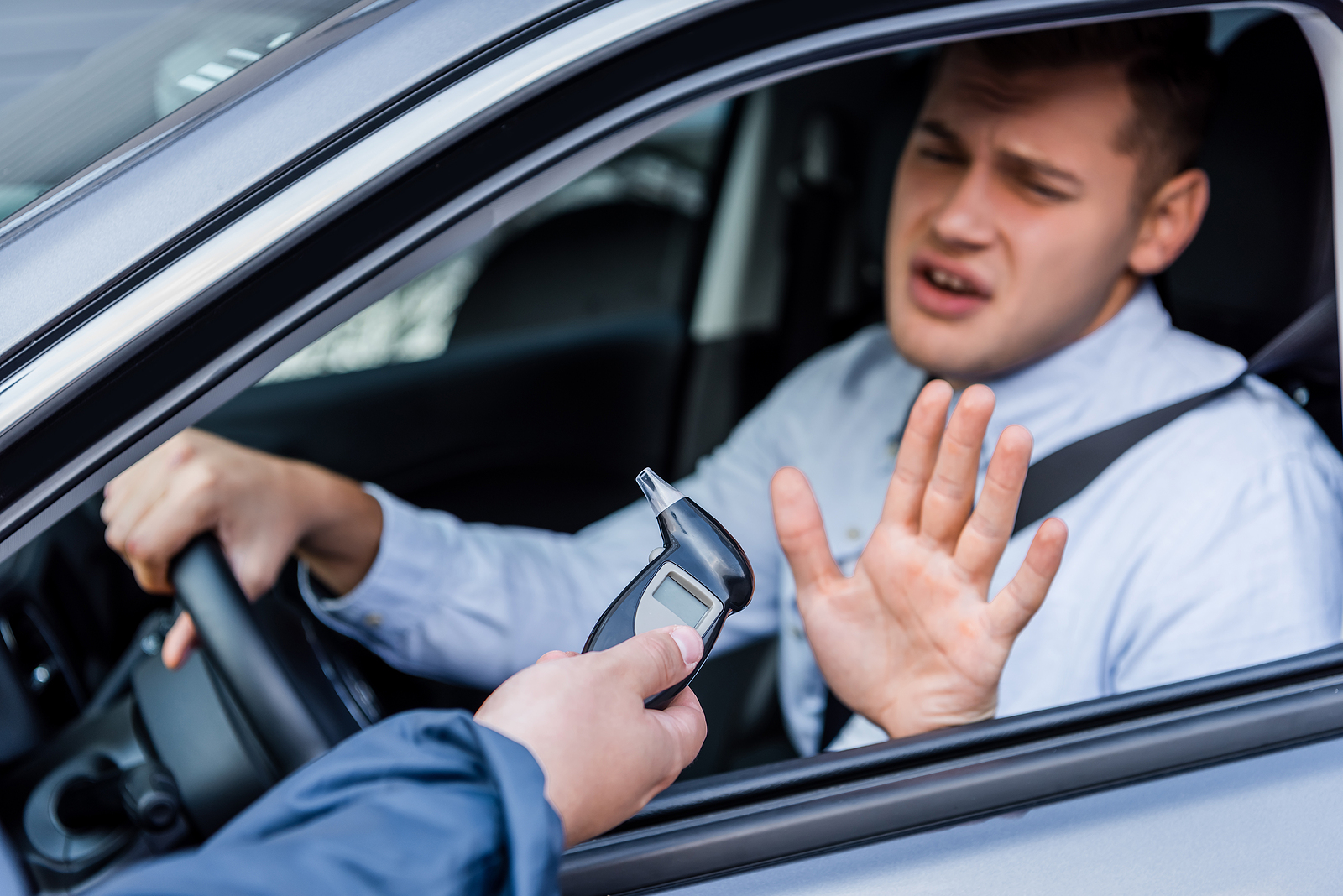Can You Challenge a DUI Breathalyzer Test in Ohio?
Breathalyzer tests play a central role in DUI (Driving Under the Influence) cases across Ohio. These devices measure a driver’s blood alcohol concentration (BAC) and are often a key piece of evidence used by law enforcement to establish impairment. However, while breathalyzer results are commonly relied upon in court, they are not infallible. If you’ve been charged with a DUI based on a breathalyzer test, the results could be challenged in certain situations.
Legal Standards for DUI Arrests in Ohio
In Ohio, DUI charges are officially referred to as OVI (Operating a Vehicle Impaired) under Ohio Revised Code 4511.19. OVI charges can be based on a driver’s BAC or evidence of impairment from alcohol or drugs.
The legal BAC limits for drivers in Ohio are as follows:
- 0.08% for drivers aged 21 and over
- 0.04% for commercial drivers
- 0.02% for drivers under the age of 21
If a breathalyzer test shows a BAC above these limits, an individual can be charged with an OVI. However, despite the widespread use of breathalyzer tests, their accuracy can be questioned. There are several ways to challenge the validity of these test results, potentially leading to a reduction or dismissal of charges.
Common Ways to Challenge a Breathalyzer Test
Breathalyzer tests, while convenient for law enforcement, are not immune to errors. Various factors can lead to inaccurate readings, and skilled legal counsel can identify these issues to challenge the results. Below are some of the most common strategies used to contest a breathalyzer test in Ohio OVI cases.
Faulty Calibration or Maintenance
Breathalyzer devices require regular calibration and maintenance to ensure accuracy. The machines must be calibrated according to specific standards, and the Ohio Department of Health has set guidelines for maintaining these devices. If a breathalyzer has not been properly maintained or calibrated, its readings may be unreliable.
An attorney can request maintenance records for the breathalyzer used in your case. If the device was not calibrated according to Ohio’s legal standards or improperly maintained, it may provide grounds to challenge the breath test results. Faulty equipment could lead to the breathalyzer reading being thrown out as evidence.
Improper Administration
Law enforcement officers must administer breathalyzer tests according to strict protocols. The test results can be invalid if an officer fails to follow these procedures. Some common issues related to improper administration include:
- Waiting Periods: Officers must observe the suspect for a minimum period (typically 20 minutes) before administering the test to ensure that no foreign substances, such as food, drink, or vomit, interfere with the results.
- Failure to Properly Instruct the Driver: The officer must ensure that the driver blows into the device correctly. Failure to provide proper instructions or ensure the driver understands the process can result in inaccurate readings.
- Environmental Factors: Conditions like radio frequency interference, using certain chemicals, or exposure to substances like paint fumes can affect the accuracy of breathalyzer tests.
If errors occurred during the test’s administration, a defense attorney could challenge the reliability of the breathalyzer results in court.
Medical Conditions
Certain medical conditions can affect a person’s breathalyzer results, leading to false positives. If you suffer from one of these conditions, it could provide a strong defense in your DUI case. Some common medical issues that can interfere with breathalyzer accuracy include:
- Gastroesophageal Reflux Disease (GERD): GERD and acid reflux can cause alcohol to travel back up the esophagus from the stomach, leading to higher readings on a breathalyzer. The alcohol from the stomach can contaminate the breath sample, making it appear as though the person has a higher BAC than they do.
- Ketosis: Individuals following low-carb or ketogenic diets can produce acetone in their breath, which may be mistaken for alcohol by some breathalyzer machines. People with diabetes experiencing ketoacidosis may face similar issues.
- Asthma or Respiratory Conditions: Breathalyzer devices require deep lung air for an accurate reading. Individuals with respiratory conditions may struggle to provide a sufficient sample, potentially leading to skewed results.
Medical documentation and expert testimony can help demonstrate that these conditions contributed to an inaccurate test result, giving your defense a strong foundation to challenge the breathalyzer results.
Rising BAC Defense
The rising BAC defense is based on the idea that a person’s blood alcohol concentration continues to rise for some time after they stop drinking. In some cases, an individual may have been driving with a BAC under the legal limit but tested over the limit because their BAC increased after the police stopped them.
Alcohol takes time to be absorbed into the bloodstream. If a driver consumes alcohol shortly before driving, the BAC may have been within the legal limits while they were on the road but rose by the time they took the breathalyzer test. This defense requires careful timing analysis and possibly expert testimony, but it can sometimes be an effective strategy.
The Role of Legal Counsel
Successfully challenging a breathalyzer test requires a thorough understanding of Ohio’s DUI laws and the science behind breathalyzer technology. A skilled DUI defense attorney can investigate the circumstances of your arrest, examine the maintenance and calibration records for the breathalyzer device, and scrutinize the arresting officer’s actions.
Legal counsel can also coordinate with medical experts, if necessary, to evaluate how health conditions may have influenced the breathalyzer results. In cases involving the rising BAC defense, attorneys can work with toxicologists to help establish a timeline that supports the defense argument.
An attorney’s expertise is critical for contesting breathalyzer results and navigating the process of a DUI charge. Proper legal representation increases your chances of reducing charges, avoiding jail time, or dismissing your case entirely.
Your Path to a Strong DUI Defense
Challenging a breathalyzer test in Ohio can lead to various outcomes, from reduced penalties to a complete dismissal of charges. Whether due to faulty equipment, improper administration, or medical conditions, there are multiple ways to question the reliability of breathalyzer results. However, confronting this process requires careful legal analysis and expertise.
If you’ve been charged with a DUI in Ohio and want to explore your options for challenging the breathalyzer results, it’s vital to seek legal counsel as soon as possible. Call Watson Kuhlman, LLC at 216-208-7858 for a free consultation. Their experienced attorneys can review the details of your case and help you build a strong defense.


 Email Us Now
Email Us Now







